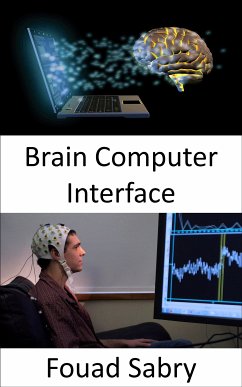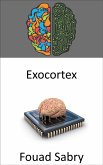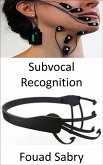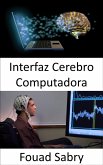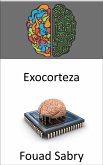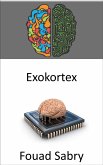What Is Brain Computer Interface
A brain?computer interface (BCI), which is often referred to as a brain?machine interface (BMI), is a direct communication link between the electrical activity of the brain and an external device, most frequently a computer or a robotic limb. BCIs are often used for the purposes of exploring, mapping, helping, enhancing, or healing human cognitive or sensory-motor capabilities. Depending on how near the electrodes go to the brain tissue, BCIs may be implemented in a variety of ways, ranging from non-invasive to somewhat invasive to invasive.
How You Will Benefit
(I) Insights, and validations about the following topics:
Chapter 1: Brain?computer interface
Chapter 2: Neurotechnology
Chapter 3: BrainGate
Chapter 4: Miguel Nicolelis
Chapter 5: Brain implant
Chapter 6: Neuroprosthetics
Chapter 7: Remote control animal
Chapter 8: Neural engineering
Chapter 9: Neural oscillation
Chapter 10: Single-unit recording
Chapter 11: Electrocorticography
Chapter 12: Mu wave
Chapter 13: Microelectrode array
Chapter 14: Electroencephalography
Chapter 15: Neurotrophic electrode
Chapter 16: Imagined speech
Chapter 17: Intendix
Chapter 18: Stent-electrode recording array
Chapter 19: Cortical implant
Chapter 20: Cognition and Neuroergonomics (CaN) Collaborative Technology Alliance
Chapter 21: Neural dust
(II) Answering the public top questions about brain computer interface.
(III) Real world examples for the usage of brain computer interface in many fields.
(IV) 17 appendices to explain, briefly, 266 emerging technologies in each industry to have 360-degree full understanding of brain computer interface' technologies.
Who This Book Is For
Professionals, undergraduate and graduate students, enthusiasts, hobbyists, and those who want to go beyond basic knowledge or information for any kind of brain computer interface.
A brain?computer interface (BCI), which is often referred to as a brain?machine interface (BMI), is a direct communication link between the electrical activity of the brain and an external device, most frequently a computer or a robotic limb. BCIs are often used for the purposes of exploring, mapping, helping, enhancing, or healing human cognitive or sensory-motor capabilities. Depending on how near the electrodes go to the brain tissue, BCIs may be implemented in a variety of ways, ranging from non-invasive to somewhat invasive to invasive.
How You Will Benefit
(I) Insights, and validations about the following topics:
Chapter 1: Brain?computer interface
Chapter 2: Neurotechnology
Chapter 3: BrainGate
Chapter 4: Miguel Nicolelis
Chapter 5: Brain implant
Chapter 6: Neuroprosthetics
Chapter 7: Remote control animal
Chapter 8: Neural engineering
Chapter 9: Neural oscillation
Chapter 10: Single-unit recording
Chapter 11: Electrocorticography
Chapter 12: Mu wave
Chapter 13: Microelectrode array
Chapter 14: Electroencephalography
Chapter 15: Neurotrophic electrode
Chapter 16: Imagined speech
Chapter 17: Intendix
Chapter 18: Stent-electrode recording array
Chapter 19: Cortical implant
Chapter 20: Cognition and Neuroergonomics (CaN) Collaborative Technology Alliance
Chapter 21: Neural dust
(II) Answering the public top questions about brain computer interface.
(III) Real world examples for the usage of brain computer interface in many fields.
(IV) 17 appendices to explain, briefly, 266 emerging technologies in each industry to have 360-degree full understanding of brain computer interface' technologies.
Who This Book Is For
Professionals, undergraduate and graduate students, enthusiasts, hobbyists, and those who want to go beyond basic knowledge or information for any kind of brain computer interface.
Dieser Download kann aus rechtlichen Gründen nur mit Rechnungsadresse in A, B, BG, CY, CZ, D, DK, EW, E, FIN, F, GR, H, IRL, I, LT, L, LR, M, NL, PL, P, R, S, SLO, SK ausgeliefert werden.

